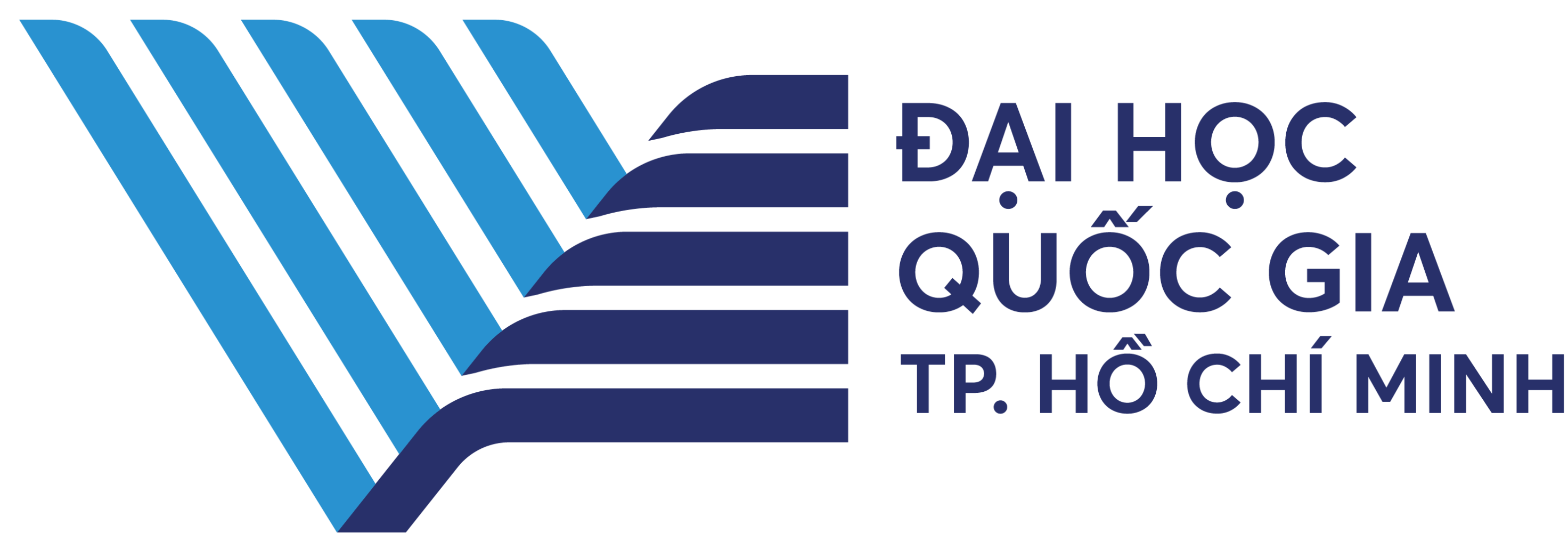MAKING BIOMEDICAL ENGINEERING "FAMILIAR" TO VIETNAM
Prof. Vo Van Toi, former head of Biomedical Engineering department at VNUHCM-International University, is known as the pioneer who established the first program in biomedical engineering in Vietnam.

Precisely 10 years after his return to work in Vietnam, sharing with Tuoi Tre newspaper, Professor Vo Van Toi said: "Before I returned to the country, the field of biomedical engineering was almost unknown. But now its name has become familiar in society. Many universities have also opened this major, and the international academic community is also aware of Vietnam's biomedical engineering."
RETURNING TO THE COUNTRY BECAUSE OF "VIETNAMESE STUDENTS WERE FAILING"
*Once selected by U.S. President G. Bush as the Executive Director of the Vietnam Education Foundation (VEF) in 2007, why did you unexpectedly decide to return to the country in 2009 and join VNUHCM-International University?
– Professor Vo Van Toi: One of VEF's initiatives is to send students to study abroad at prestigious U.S. universities. That's a good thing, but more importantly for me is how to bring talented individuals back to contribute to building our country. While not many people return, and many who do return end up leaving again. Therefore, I wanted to experience it myself to understand.
Before returning, thanks to frequent travels to Vietnam and interactions with many people in the academic community, I learned a lot about Vietnamese youth and the working environment. I noticed many challenges but also many opportunities for success or at least opportunities to pursue the dreams I had cherished.
My motto is "adapt to circumstances" and "whatever happens, it's okay." And I chose International University as my "destination." Since then, for me, every passing day is a happy day.
*You founded the biomedical engineering program at Tufts University (USA) and have been honored many times in the U.S. with a series of biomedical inventions. Why do you want to bring this new field to Vietnam?
– Before returning to the country in 2004, I led a delegation of professors in biomedical engineering from the United States from North to South to explore the potential development of this field in Vietnam. Biomedical engineering was still relatively new abroad at that time but was developing strongly and had a lot of potential.
We discovered that in Vietnam, there are many activities related to biomedical engineering, but they have not been systematized and popularized. On the other hand, I realized that this is a field that meets many urgent needs as well as the future of our country. After this trip, our delegation proposed a five-year plan to help develop biomedical engineering in Vietnam.
*How did you bring biomedical engineering to Vietnam?
– First, I brought four students to Tufts University, where I was teaching, to train them in the Ph.D. program with the hope that they would become pioneers in biomedical engineering in Vietnam. However, these students were subsequently removed from the program one by one because they did not meet the requirements for scientific research. This surprised me because other Vietnamese students were very successful in many other scientific and technical fields.
I believe perhaps the mindset of these students in this field does not align with the mindset of students trained in Vietnam. This is also one of the reasons that drove me back to Vietnam.
Currently, many of our graduates have been very successful with postgraduate scholarships in this field from many universities worldwide, including Tufts University. This shows that our youth, when properly prepared, can achieve anything they want. I hope they will return to continue the path that we have set together.
In addition, our young lecturers and students have won many prestigious international awards. This demonstrates that Vietnamese youth are a powerful force helping us stand shoulder to shoulder with friends from around the world in the spirit of international integration.
UNIVERSITY SHOULD BE AN INCUBATOR FOR CREATIVE IDEAS
*Working in the university environment in Vietnam, what differences do you see compared to other countries? You have said that educators must anticipate what will happen to create demand. Has Vietnamese education achieved this?
– The academic environment should be an incubator for creative ideas and a training ground for talent. Therefore, universities need academic freedom to experiment with new ideas. In foreign universities that I know of, the institutions determine their own development direction, and lecturers have a lot of authority to implement initiatives ranging from creating new majors to research, and management primarily serves rather than commands. When these initiatives succeed, they will automatically be extended beyond the scope of the university.
*In the past 10 years, besides teaching, you and your colleagues have researched a series of products. It is known that you will soon bring these academic research products to the market. Is this a separate way out for scientific research at universities?
– I call bringing academic research products to the market "Người thầu khoán" - "entrepreneurship." In the scientific environment, ideal entrepreneurs are those who can turn scientific discoveries at the laboratory into products in the market.
Similar to entrepreneurs, those who engage in entrepreneurship need scientific and technical knowledge as well as research market methods, establish startups, and have organizational and business skills.
The vision of International University's biomedical engineering department from its inception is the combination of education, research, and entrepreneurship. Education to train personnel, research to develop knowledge, and entrepreneurship for self-reliance. These three factors support each other and blur the boundaries between basic and applied fields.
Source: Tuoitre Newspaper
Original article: https://tuoitre.vn/gs-vo-van-toi-ve-nuoc-vi-sinh-vien-viet-nam-that-bai-20190514003212027.htm

